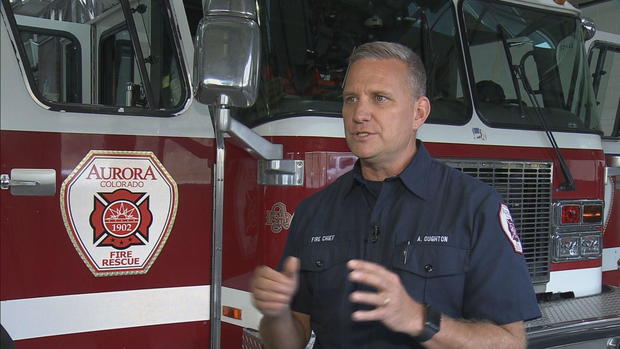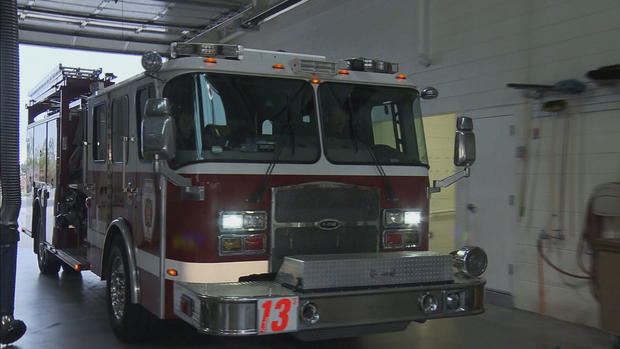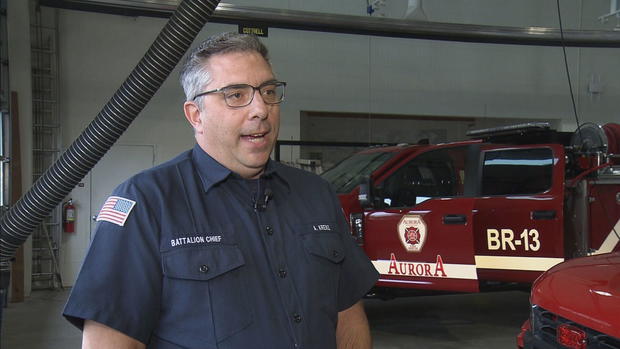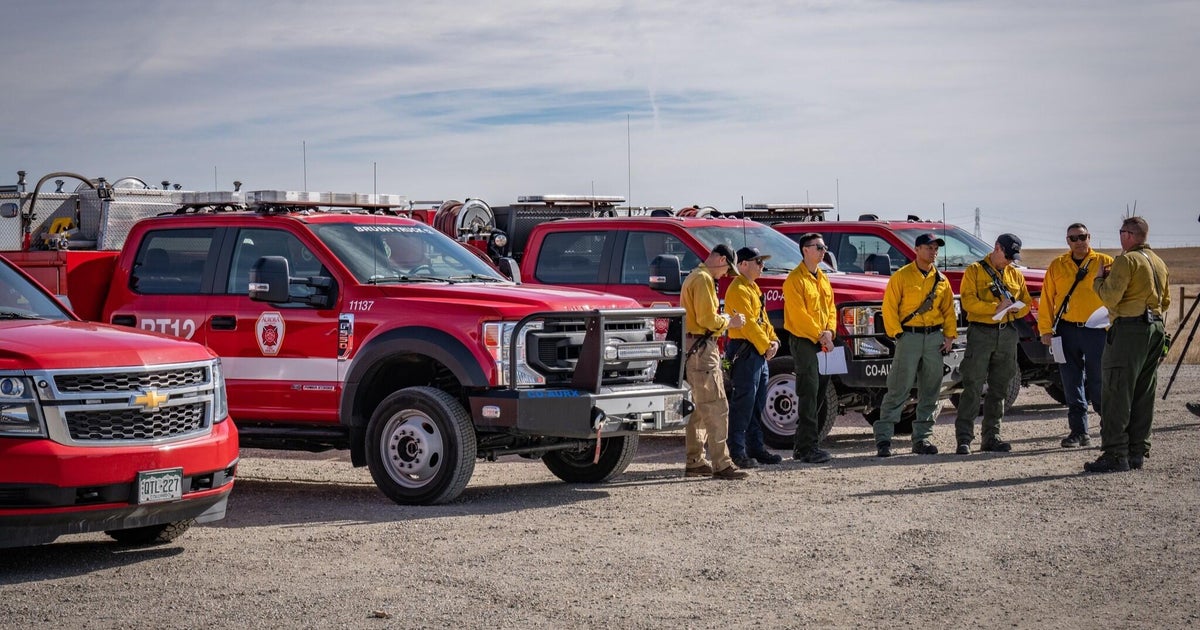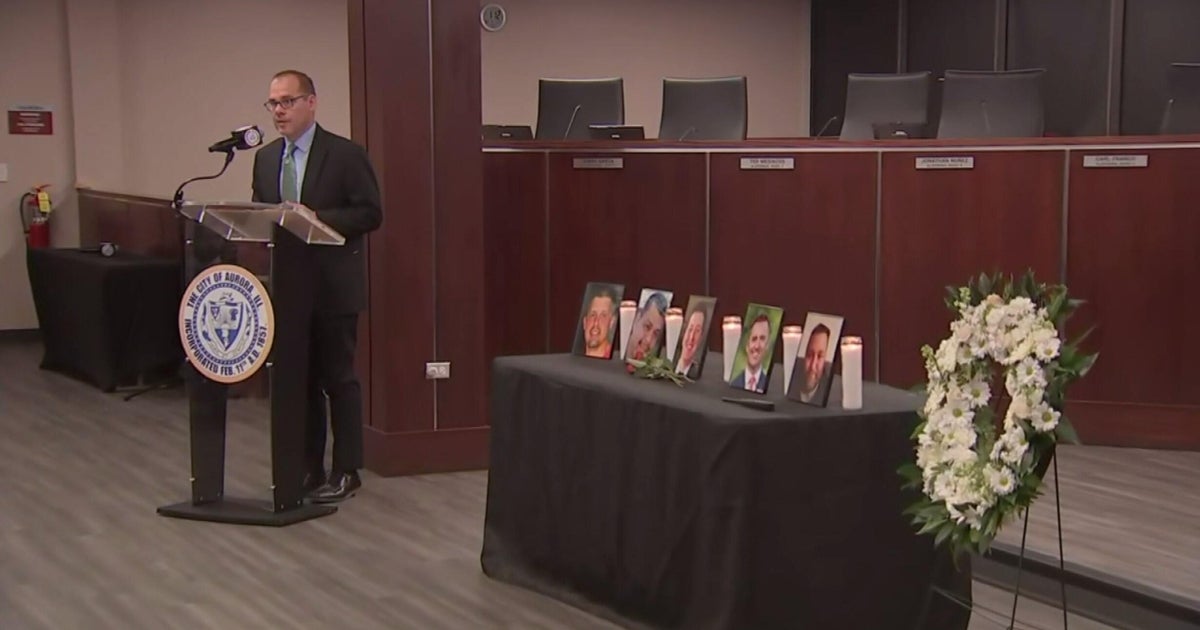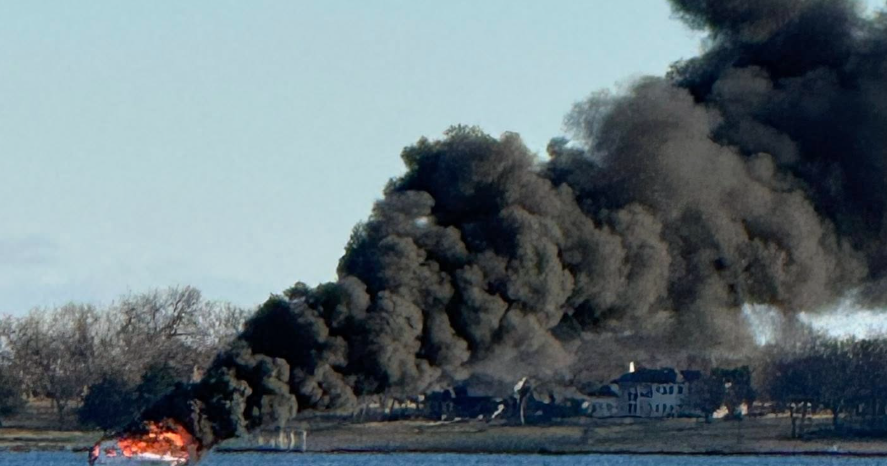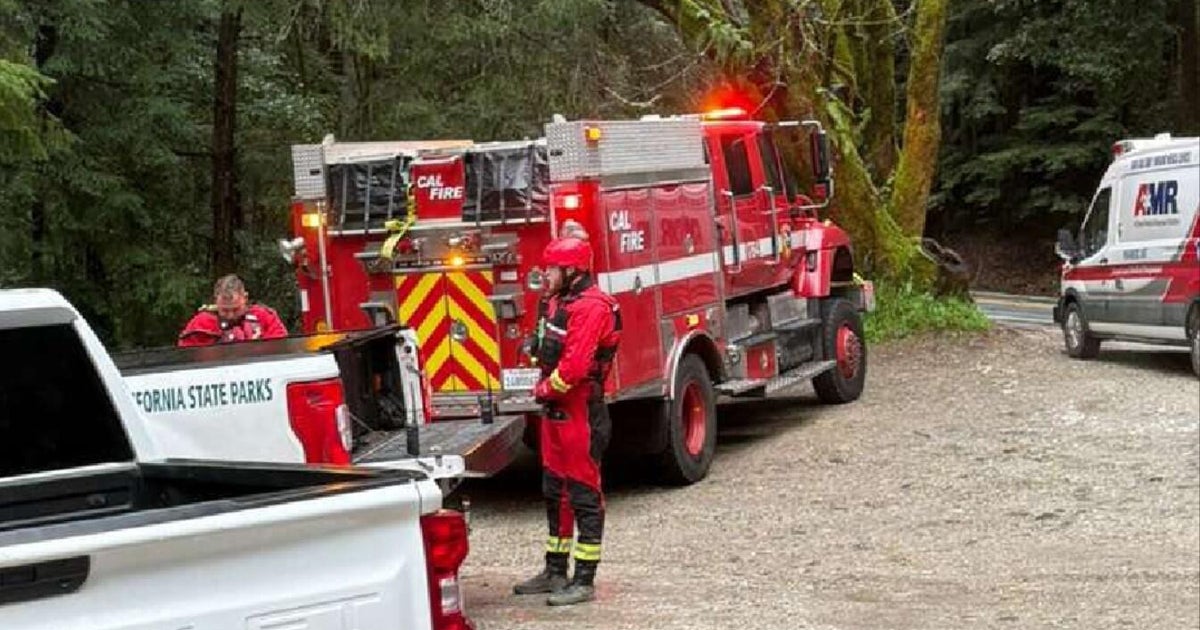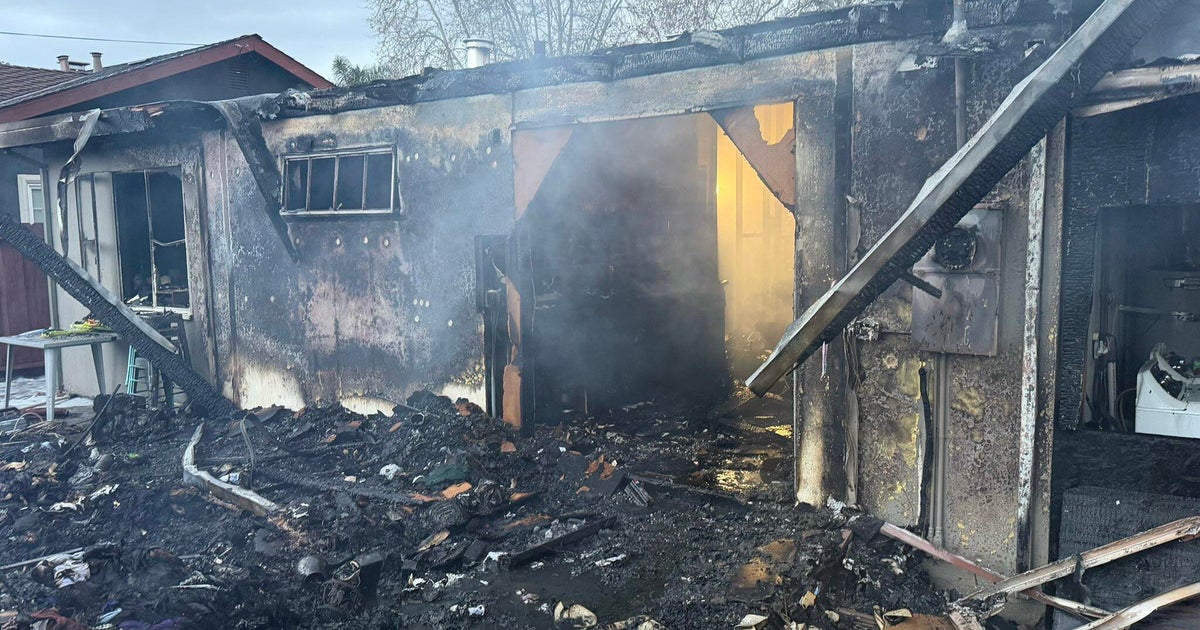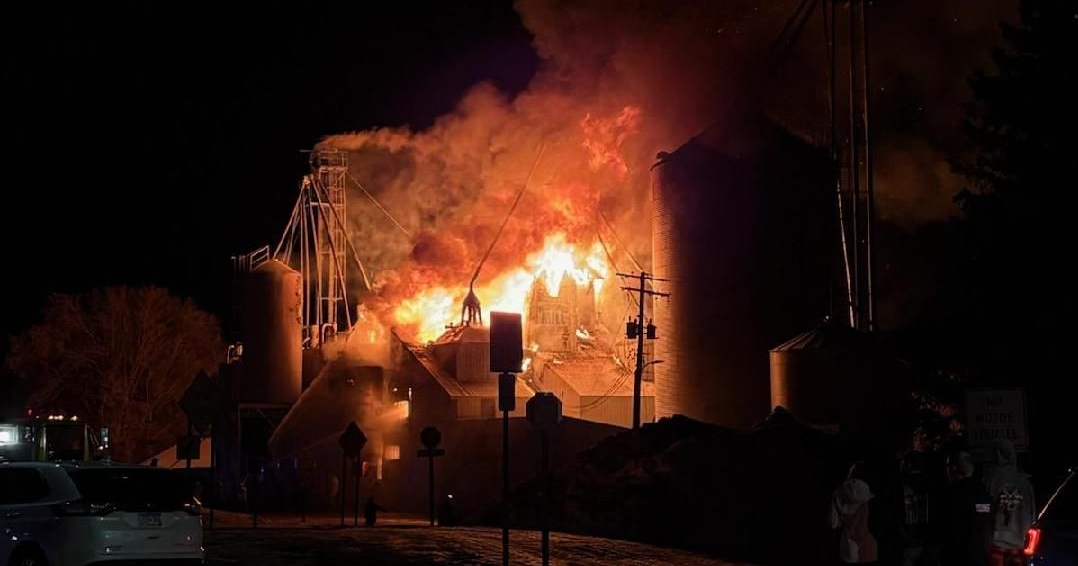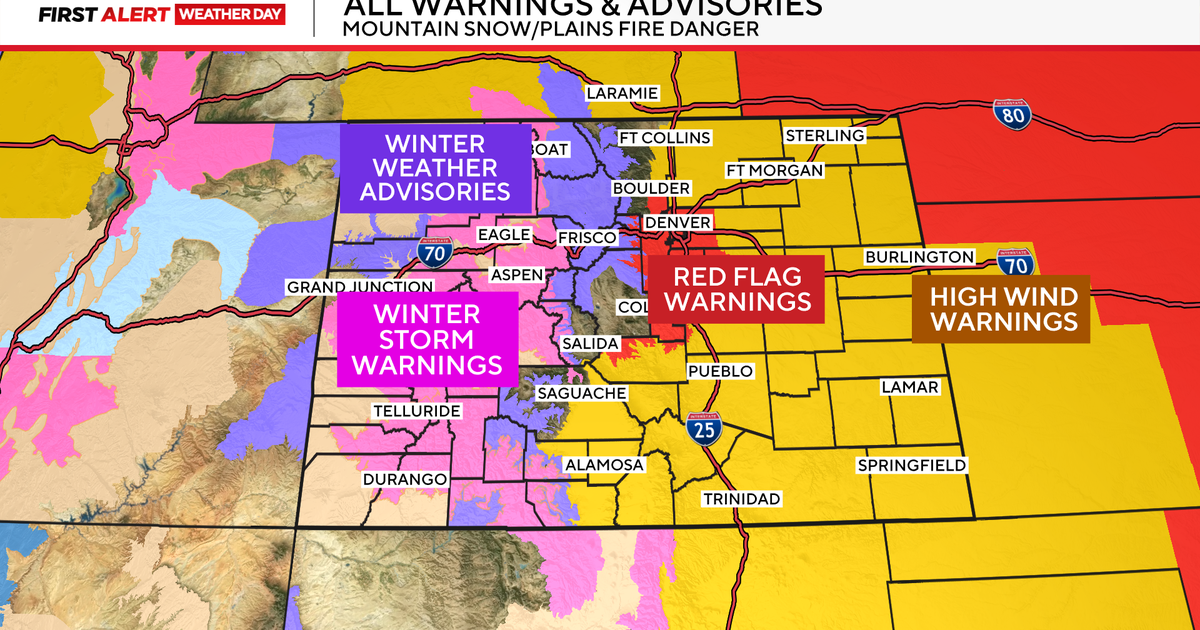Aurora Fire Rescue taking "right-sizes" approach to 911 calls
Aurora Fire Rescue responded to 57,000 calls last year alone. This week AFR is beginning a tiered response approach to how resources are dispatched for emergency medical calls.
"I think we're seeing a volume that's really untenable in our system. We've tried to be everything to everyone all the time. And we're just not able to sustain that," said AFR Fire Chief Alec Oughton. "On a lot of those calls, we're finding that we're not making any impact with a rapid response from every unit."
Non-urgent, less-severe incidents account for nearly 25% of medical dispatch volume in Aurora.
Since 2022, more than 1,600 low-acuity calls have been referred to Aurora's new nurse navigation program. About a quarter of those calls were resolved without an ambulance.
Rather than a one-size-fits-all approach, medical calls into Aurora911 are now dispatched according to the acuity of the incident.
Under the new "right response" model, the most appropriate resources will be deployed based on the urgency and severity of the event.
"The historical approach to sending AFR units lights and sirens to incidents that aren't urgent or critical in nature puts the safety of the community and our members at risk. In many ways, these responses create more risk than they mitigate," said Oughton. "Referring non-urgent and less-severe calls to nurses or deploying only ambulances better positions AFR crews to respond where they're needed most – on urgent, critical calls when every minute matters."
Additional protocols have been added for deployment based on the nature and acuity of the incident. The protocols range from referrals to the nurse navigator program, dispatching Falck Basic Life Support units with emergency medical technicians on board, all the way up to the current practice of dispatching both Falck Advanced Life Support and AFR paramedic crews to the scene.
Battalion Chief Tony Krenz says a tiered response is a better use of taxpayer dollars and saves wear and tear on emergency vehicles.
It'll also free up emergency responders for other important work.
"We're sending crews to these calls that are low-acuity and we could just send an ambulance. We're taking valuable time away from our crews that could be training," said Krenz.
The new response system has only been in place for a day, and the chief says they've already seen an impact with about a 20% reduction in heavy unit response to medical calls.

